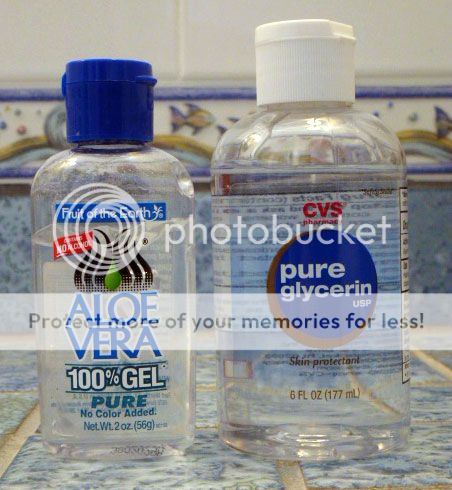First of all, I'm not taking either side of this sure to become a debate related to the use of alcohol in aftershave (or any other skin care product). I'm posting this here instead of the "skin care" forum because I know a lot of B&B members love the alcohol in our A/S. I'm sure some love it for the wake-up effect but maybe others loved it because of a perception that it's good for your skin.
For the former, there is no need to read this link. For the latter, I think you should read the link and decide for yourself.
Again, I'm not taking sides... I just came across this and thought I would pass it on to my fellow B&B brethren as an FYI.
Here's the link: http://www.paulaschoice.com/expert-advice/acne/_/alcohol-in-skin-care-the-facts
For the former, there is no need to read this link. For the latter, I think you should read the link and decide for yourself.
Again, I'm not taking sides... I just came across this and thought I would pass it on to my fellow B&B brethren as an FYI.
Here's the link: http://www.paulaschoice.com/expert-advice/acne/_/alcohol-in-skin-care-the-facts













 ..... not "Paul's Choice"
..... not "Paul's Choice"  . I do not listen to women who speak nonsense.
. I do not listen to women who speak nonsense.